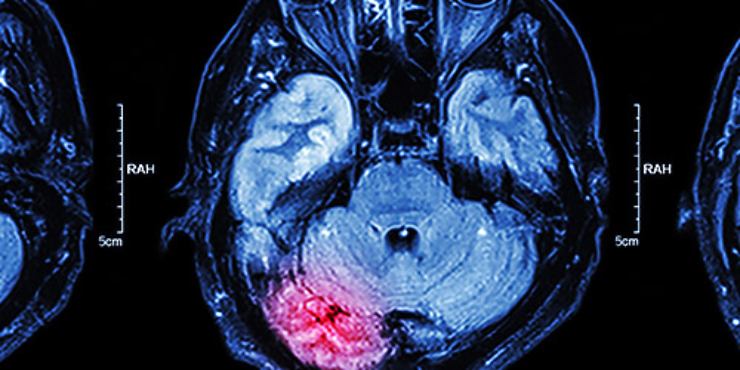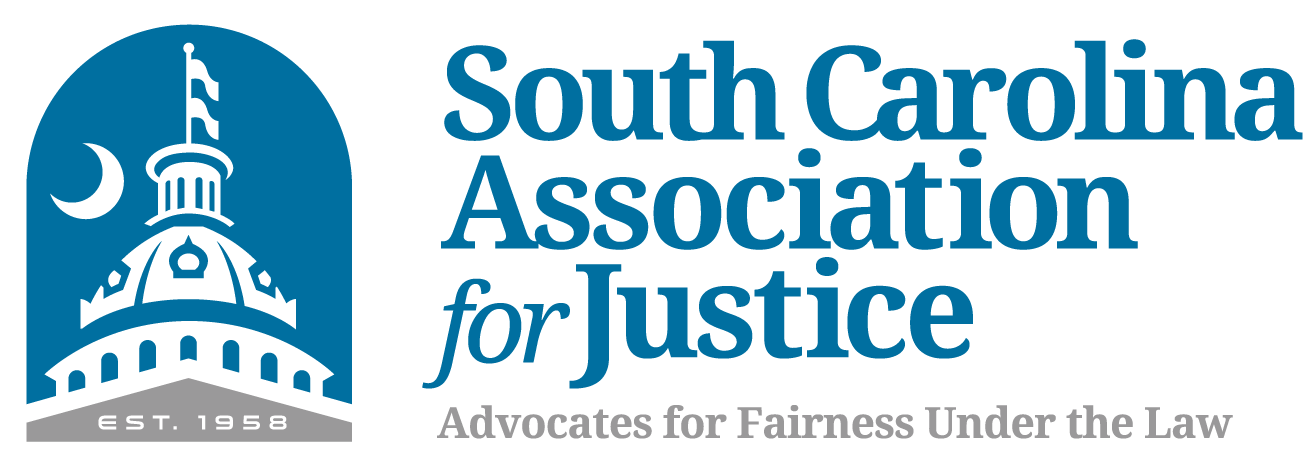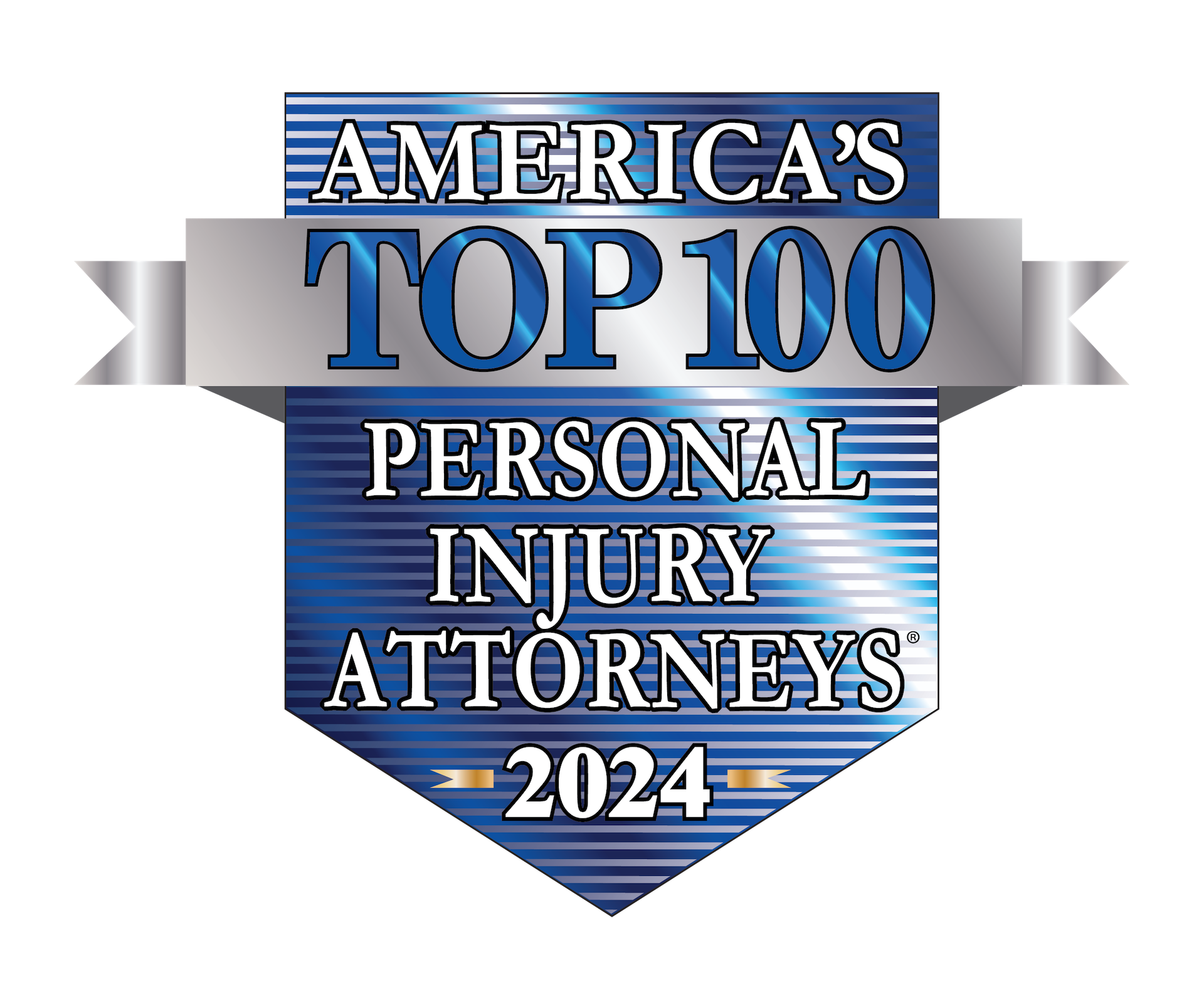Traumatic Brain Injury (TBI) is a major cause of disability and death in the United States. According to Brainline.org, 2.8 million Americans are diagnosed with Traumatic Brain Injuries each year. Of those 2.8 million: 2.5 million are treated in the emergency room and released, 282,000 are hospitalized, and 56,000 die as a result of the TBI.
What is a Traumatic Brain Injury?
The Centers for Disease Control and Prevention (CDC) defines a TBI as “a bump, blow, or jolt to the head that disrupts the normal function of the brain.” Anything that penetrates brain tissue can also cause a TBI (for example, a bullet or knife).
Common Causes of TBI’s:
- Falls
- Vehicle-related collisions
- Violence (gunshot wounds, domestic violence)
- Sports injuries
- Explosive blasts
- Other combative injuries
- Penetrating wounds to the head
- Severe blows to the head with shrapnel or debris
Ways to reduce the risk of brain injury:
- Always wear a seat belt in a motor vehicle.
- Don’t drive under the influence of alcohol or drugs.
- Wear a helmet when riding a bicycle, motorcycle, skateboard, or ATV.
- Install handrails in bathrooms, and on staircases.
- Keep stairs and floors clear of clutter.
- Put a non-slip mat in the bathtub.
- Get regular vision check-ups.
To avoid TBI’s in children:
- Install safety gates at the top of staircases.
- Install window guards to prevent falls.
- Make sure there is shock-absorbing material on playgrounds.
- Don’t let children play on fire escapes or balconies.
What are the signs and symptoms of a TBI?
The symptoms of a TBI usually fall into four categories:
- Thinking/remembering
Difficulty thinking clearly, remembering new information, and concentrating.
Feeling slowed down.
- Physical
Nausea/vomiting (early on).
Headache.
Fuzzy/blurry vision.
Dizziness.
Sensitivity to noise and/or light.
Balance problems.
Feeling tired/having no energy.
- Emotional/mood
More emotional.
Irritability.
Sadness.
Nervousness or anxiety.
- Sleep
Sleeping more or less than usual.
Trouble falling asleep.
Online resources for South Carolinians with TBI’s:
Brain Injury Association of South Carolina
Medical University of South Carolina
Because of the tremendous costs and long-term health consequences associated with TBI’s, if you suffer a TBI that is through no fault of your own, it is a good idea to contact an attorney for help.
In May of 2018, Brett Baker-Goins received a $5.8 million lawsuit verdict after suffering two concussions while playing basketball for First Baptist School of Charleston. After suffering the first injury, Baker-Goins was treated at Medical University of South Carolina (MUSC), and was diagnosed with a sports-related concussion.
After returning to school, “officials put him through the South Carolina Independent School Association’s ‘return to play protocol.’ ”(PostandCourier.com)
The lawsuit argued that Baker-Goins was rushed through the process, and did not follow proper ‘return to play protocol’. Therefore, when he suffered a second concussion less than five weeks later, this concussion “resulted in a permanent traumatic brain injury that has delayed Brett’s educational, social and emotional development.”
CONTACT THE LAW OFFICES OF DAVID L. HOOD FOR A FREE TRAUMATIC BRAIN INJURY CONSULTATION
If you or someone you care about has suffered a traumatic brain injury, please schedule your free consultation by calling the Law Offices of David L. Hood at (843) 491-6025 or filling out our brief online contact form.
We know how difficult it can be to deal with the immediate and long-term effects of a traumatic brain injury. At The Law Offices of David L. Hood, we work hard to make things simple for you. After a free case evaluation, if we believe we can help you and your family, Traumatic Brain Injury Attorney David L. Hood, co-counsel, and our team of experts will vigorously pursue your case to get you the best result we can achieve. Let us put our years of experience to work for you!
Other online resources used for this article:





